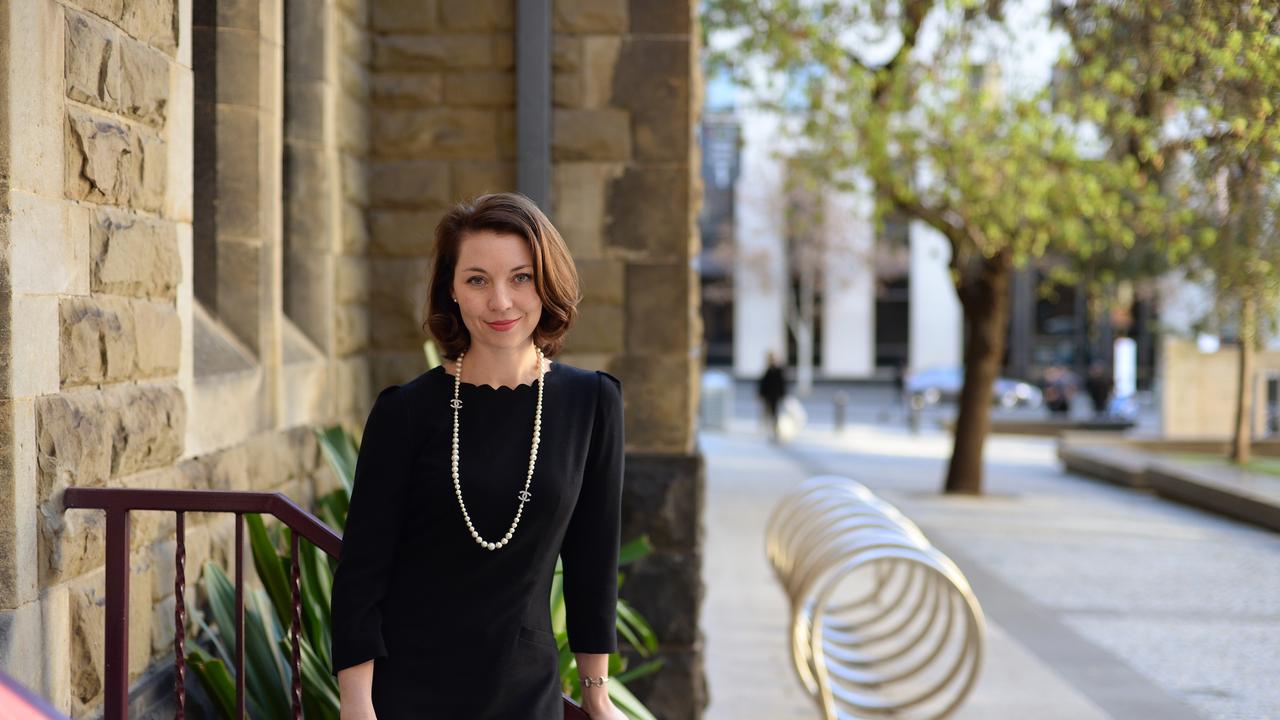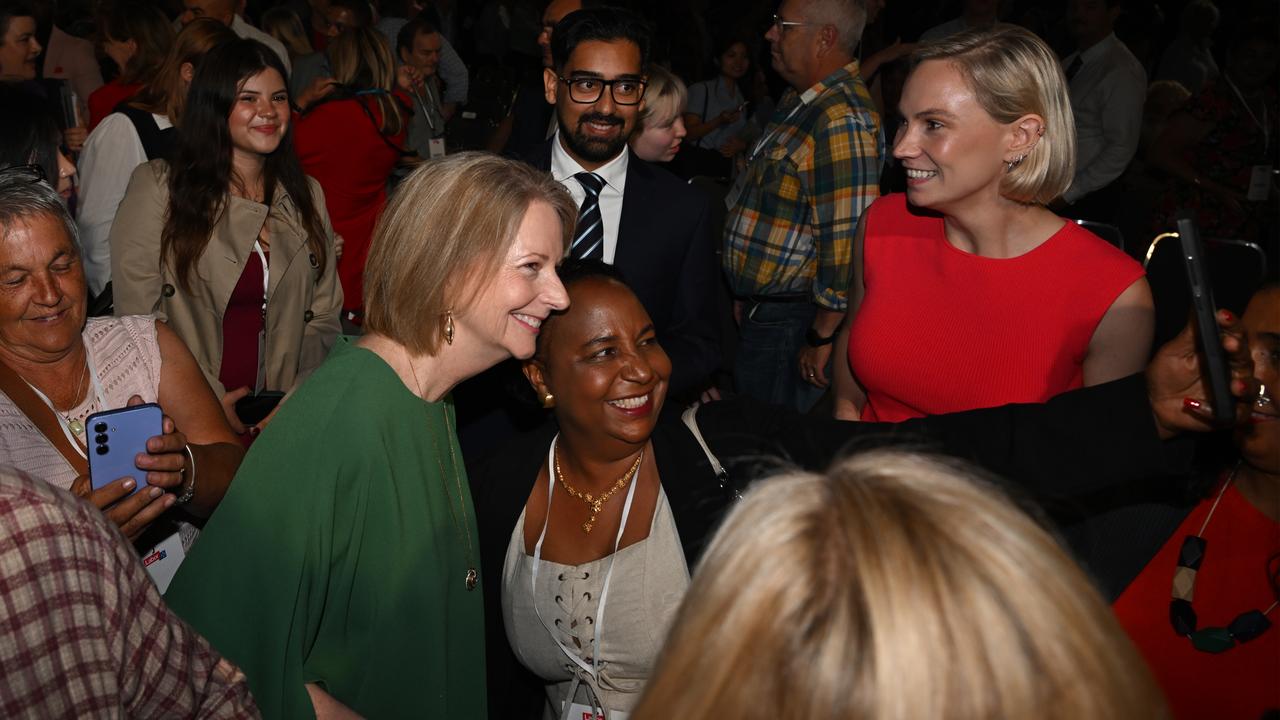
Female philanthropists are being encouraged to continue changing the face of the sector and counteract the perception of philanthropy as a world dominated by men.
Over the next two decades, women are poised to come into greater economic power, inheriting up to $3.4 trillion of intergenerational wealth transfer.
Yet too many barriers are preventing women from entering philanthropy, with sexism and misogyny persisting in the sector.

Former prime minister Julia Gillard said female philanthropists often find it harder to be taken seriously when approaching organisations.
"When people look at families who have the resources to be substantial donors, there's still a tendency to assume that if there's a man in the family, he's the principal decision maker," she said in an interview with She Gives.
"There are still some stereotypes out there of women as do-gooders and meddlers, or that empowered and resourced women aren't very caring and can be too demanding.
"I understand why many women want to maintain a sense of privacy around their giving, because they don't do it for the public accolade ... but there are also many women who are prepared to speak publicly but are unsure if anybody really wants to hear what they've got to say."
Since leaving politics, Ms Gillard has founded the Global Institute for Women's Leadership, joined the board of Beyond Blue and served as patron of the Campaign for Female Education.
She is the current chair of Wellcome, a charity foundation which supports science to solve urgent health challenges.
While she wants to keep growing the number of people who are prepared to give, Ms Gillard says the cost of living and financial pressures requires an emphasis on other contributions.
"Some people still think that philanthropy is only for high-net-worth individuals like Bill Gates and therefore isn't for them," she said.
"This broader concept of giving time, talent and expertise is much more inclusive."
One year ago, She Gives was launched to highlight women's giving at any scale and shift the narrative on female-led philanthropy.
The organisation has partnered with the National Library to ensure female voices are part of Australia's permanent record on giving.
The past 12 months had shown there was an enormous hunger for stories that recognised the role of women in achieving positive change, campaign founder Melissa Smith said.
"We're proud to have shone a light on some of the incredible women who are driving giving forward in Australia, but there is still much more to be done," she said.
"Early data from our research suggests that greater visibility and awareness of giving, as well as supporting a cultural shift, are key to growing philanthropy."







